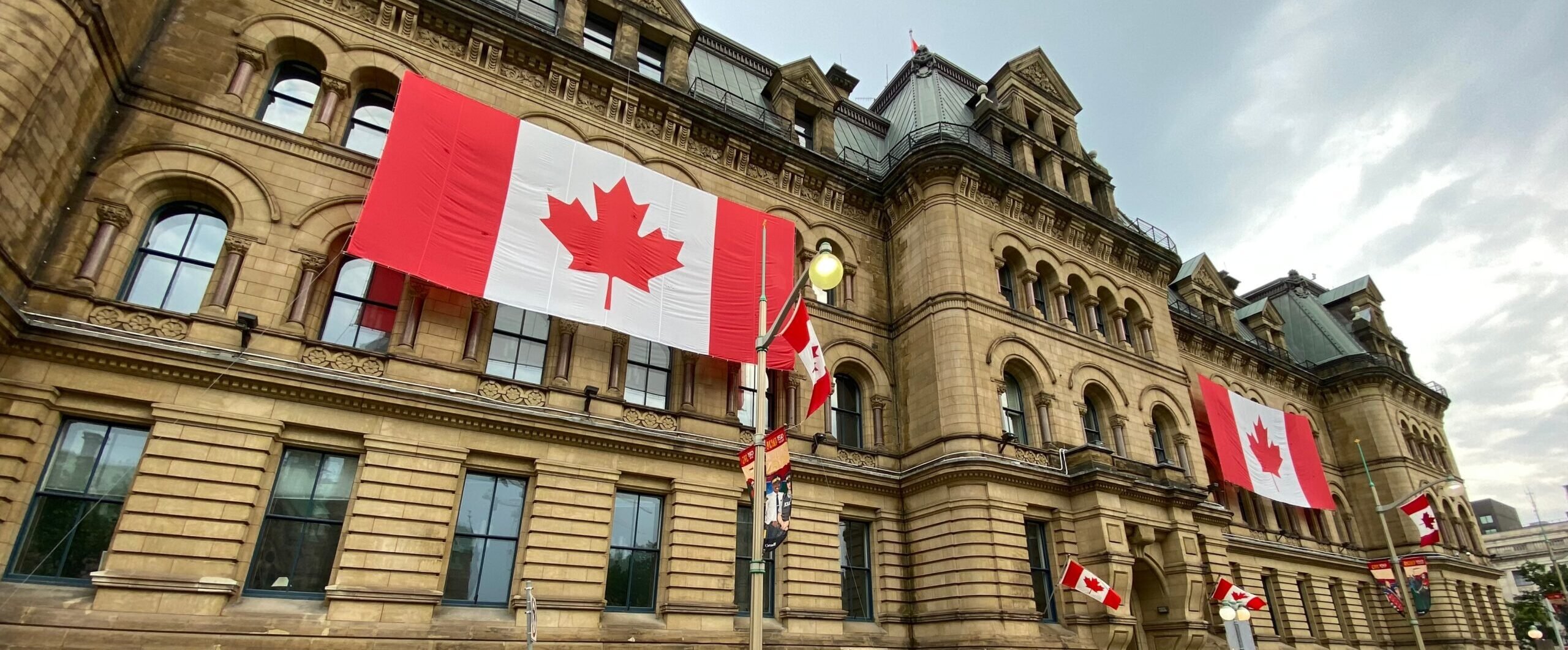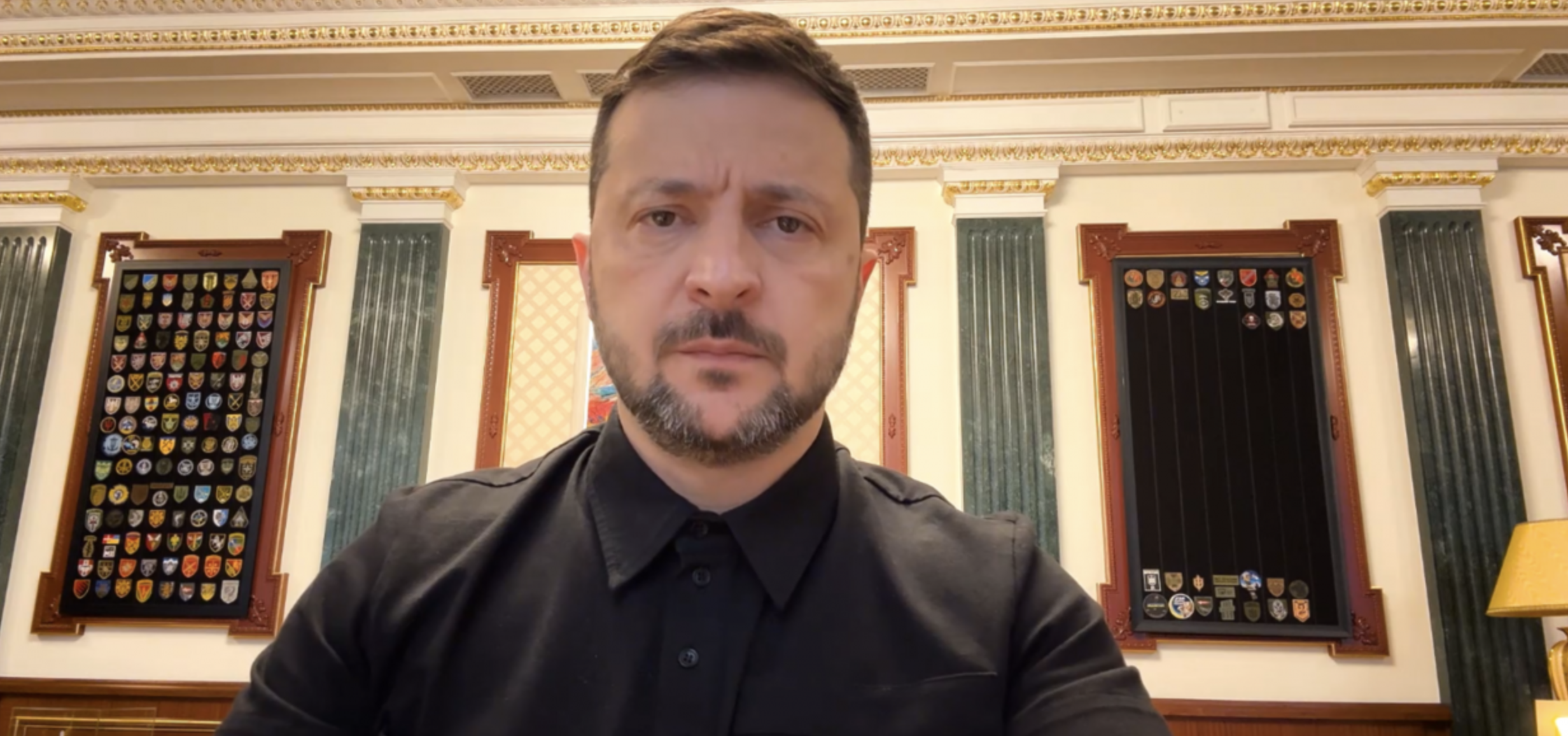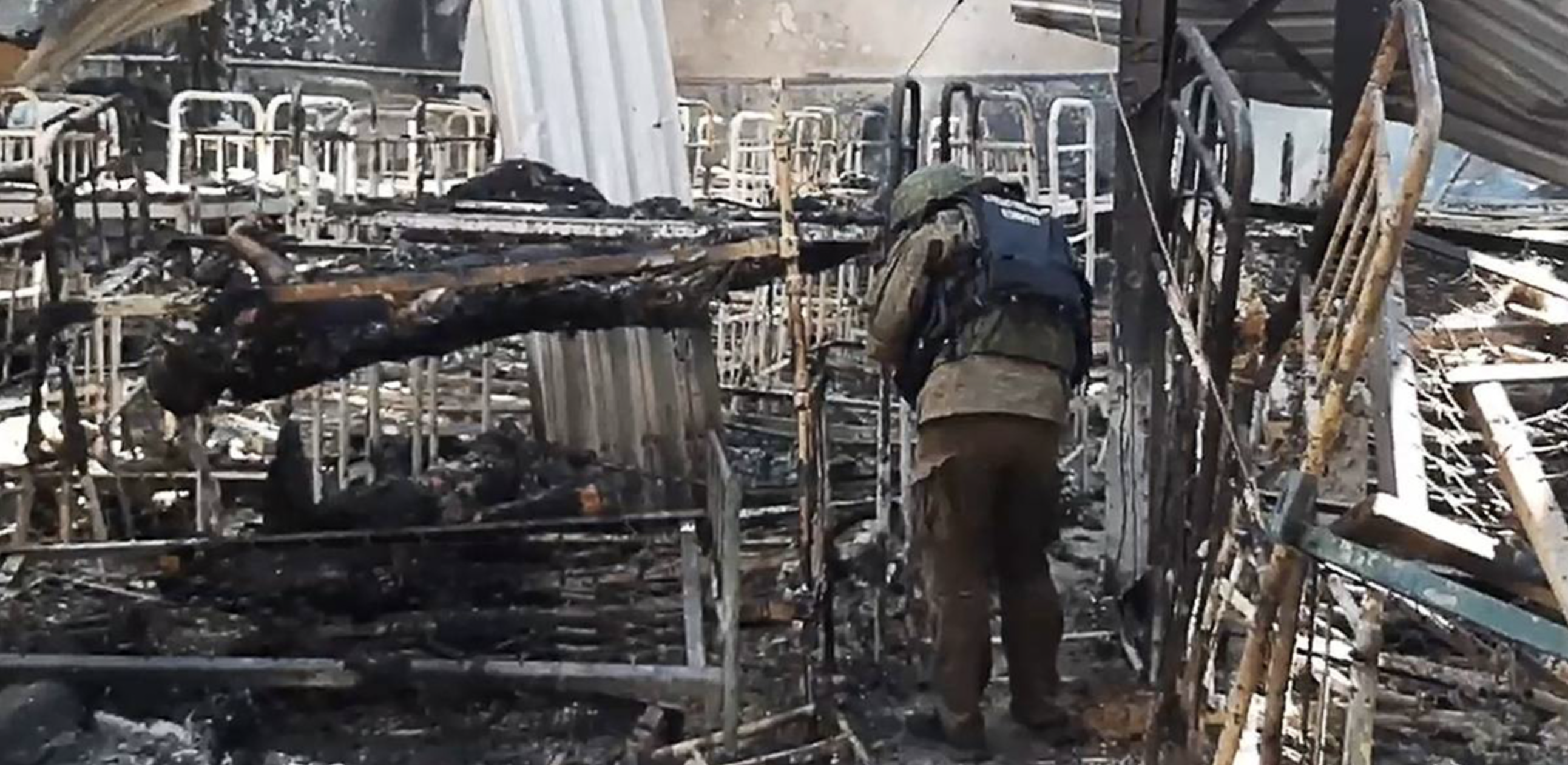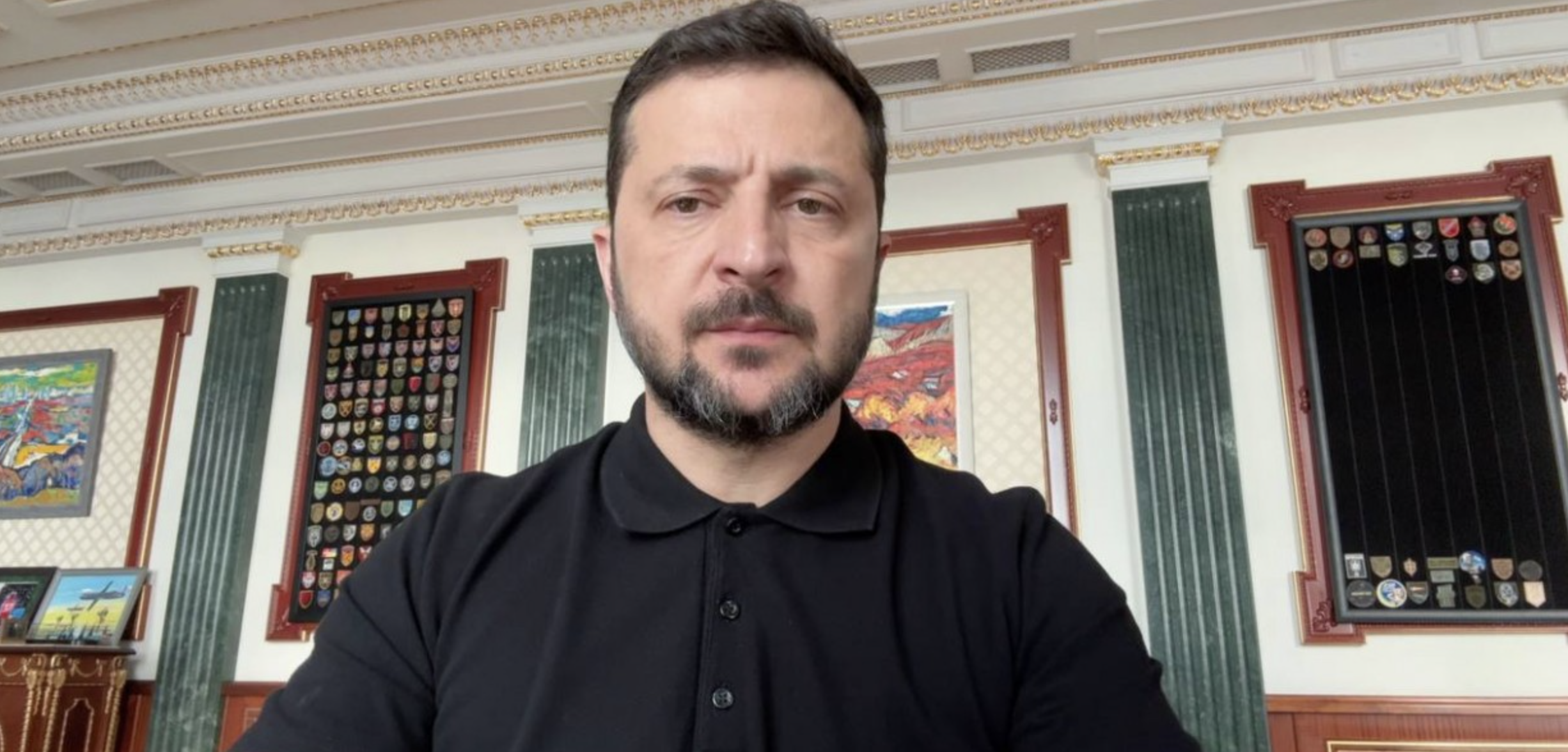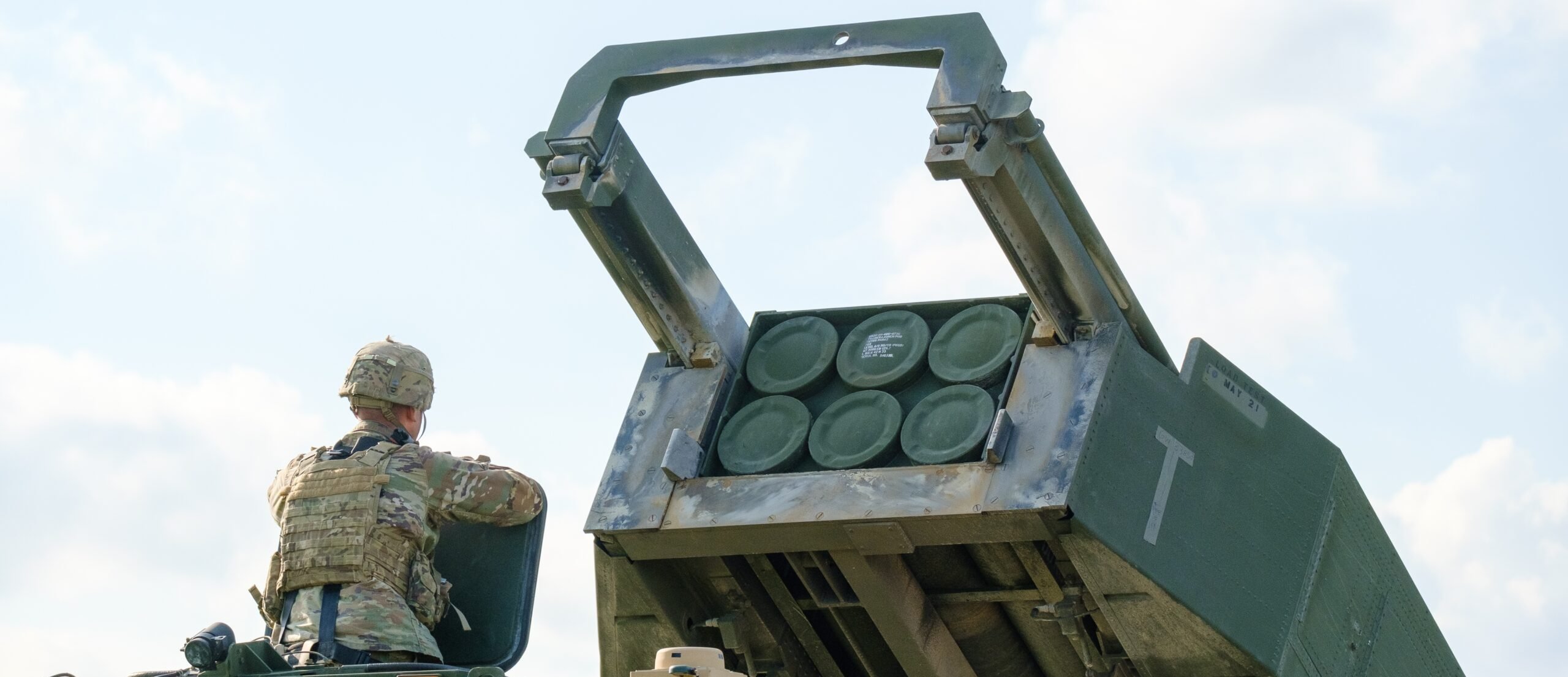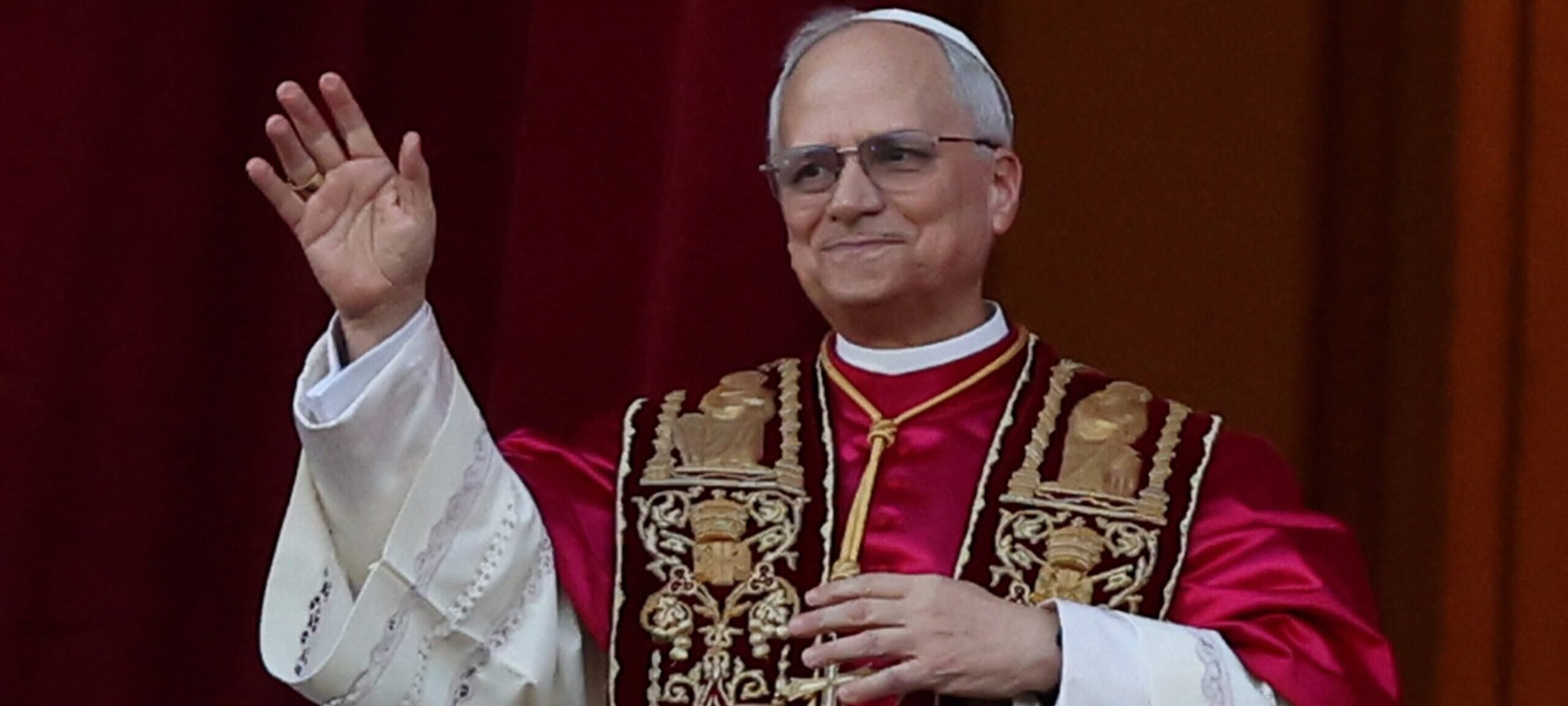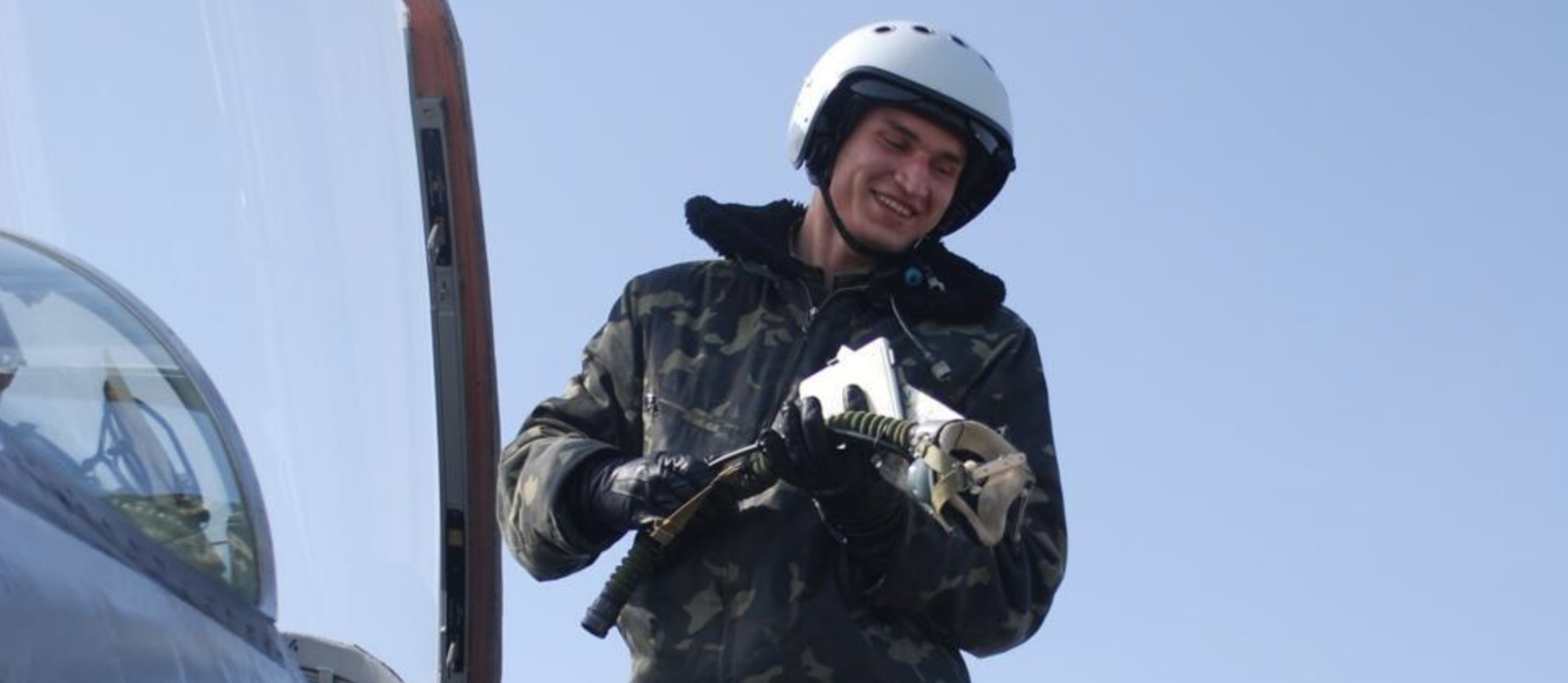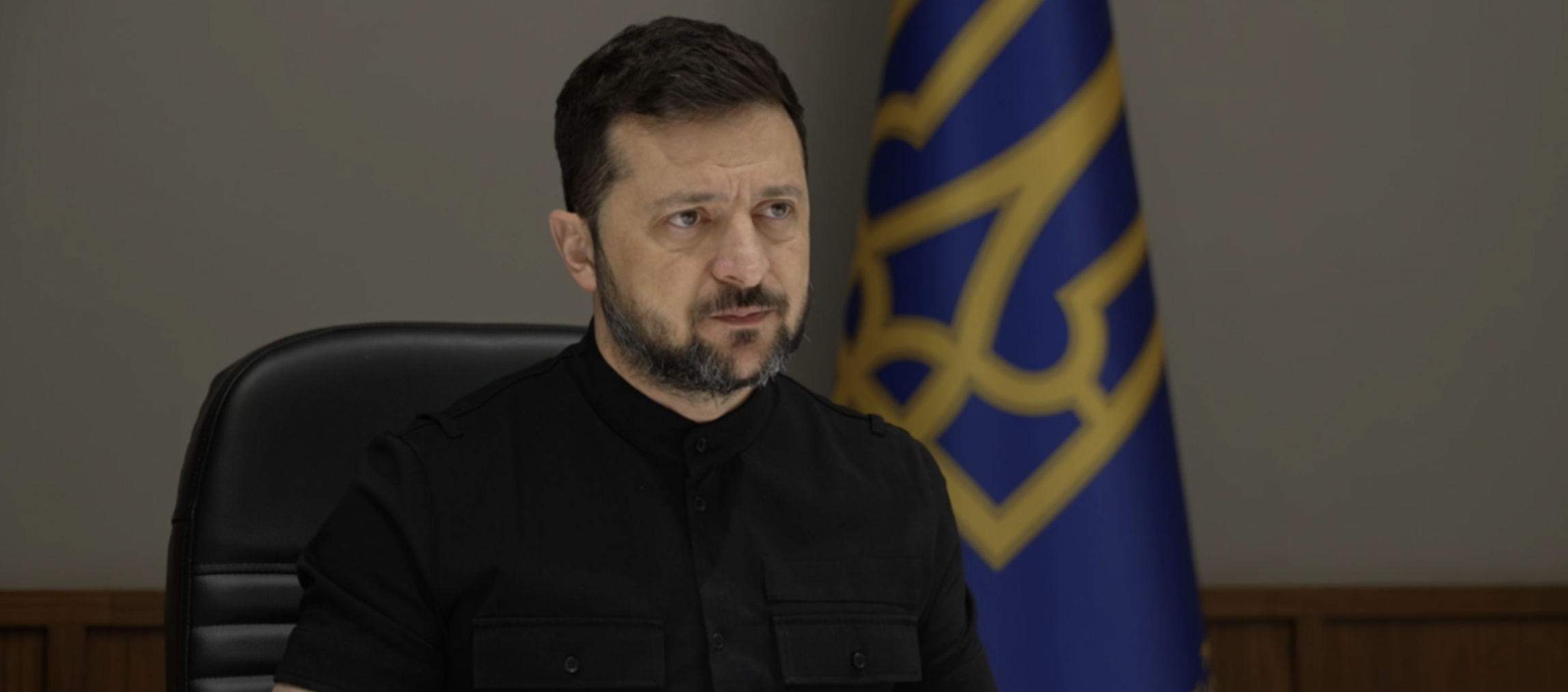
Abstract:
In this Policy Brief, Amanda Paul and Marta Zakrzewska provide a comprehensive account of the situation in Crimea since its annexation by Russia in March 2014. They explain the economic depression in both Crimea and Ukraine, as a result of Moscow expanding its control of the Sea of Azov and its blockade against the Ukrainian ports of Mariupol and Berdyansk.
They also describe the severe degradation of the human rights situation: assets are seized, opponents are harassed or jailed, religious freedom is muzzled, the ‘russification’ of Crimea is imposed. According to Russian statistics, some 247,000 Russians have moved to Crimea since the annexation, and at least 140,000 people, mostly Ukrainians and Tatars, have left.
Lastly, they give details of the rapid militarisation of Crimea by the Russian army, which allows Russia to establish an anti-access or area-denial zone covering most of the Black Sea and limiting NATO’s ability to act.
In the face of EU and US sanctions, the Kremlin is playing for time, in the expectation that EU unity will eventually collapse. The return of Crimea to Ukraine seems impossible for the foreseeable future. Nevertheless, to avoid giving the impression that the annexation is a fait accompli, which is what Russia wants, Paul and Zakrzewska recommend 8 lines of action for heightening the pressure against Moscow. As for NATO, the authors call on the organisation to heed the decisions of its 2016 and 2018 summits and to strengthen the alliance’s Black Sea presence.

